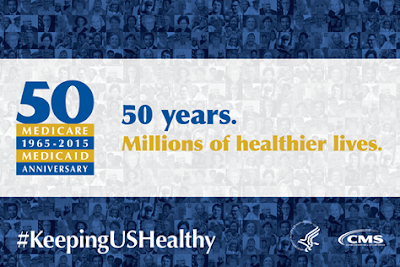Enrollees should be aware that their current policies will remain in effect according to the terms of the contracts. Moda said it will fulfill its obligations for plans signed on or renewed by Oct. 31, 2015. That includes policies that have already been sold that start on Nov. 1 or Dec. 1, 2015. Policies that start on Jan. 1, 2016 or later will be terminated.
That’s true for individual, small- and large-group employer plans.
That’s true for individual, small- and large-group employer plans.
Moda this week notified the Washington Health Benefit Exchange of its decision to quit doing business here. The Exchange is reaching out to its customers to let them know.
You can read that notification here.
In Washington state, Moda has:
- About 18,000 people enrolled in the individual market inside and outside of the Exchange.
- About 29,000 people covered through large-group plans.
- Another 900 enrolled in small-employer plans.
By the first week of November, the Oregon-based company is expected to notify all of its enrollees of its withdrawal from Washington.




















